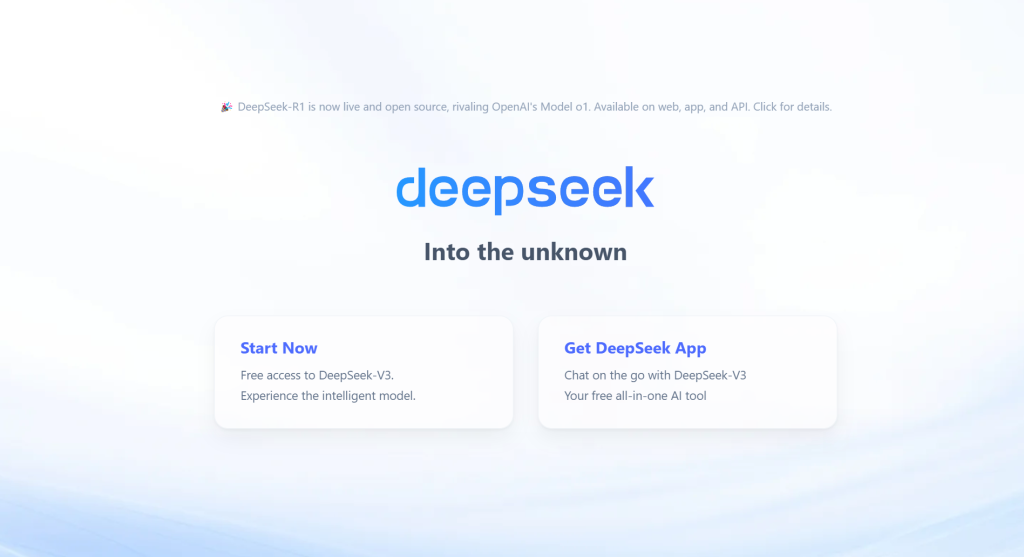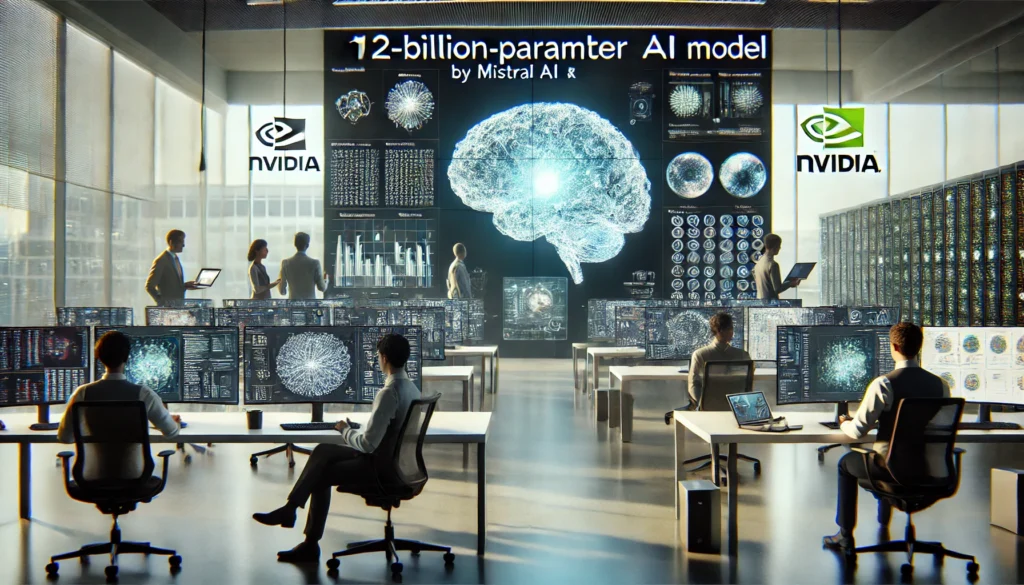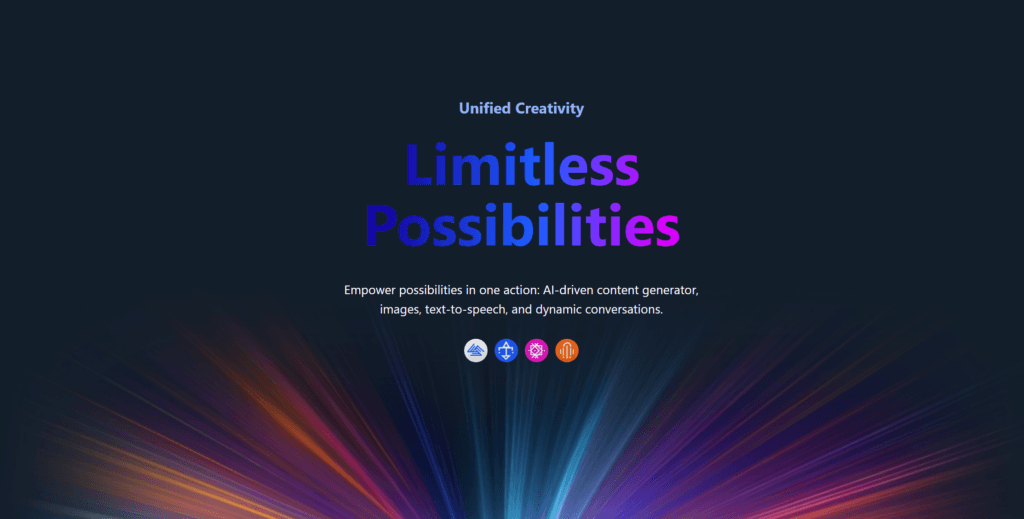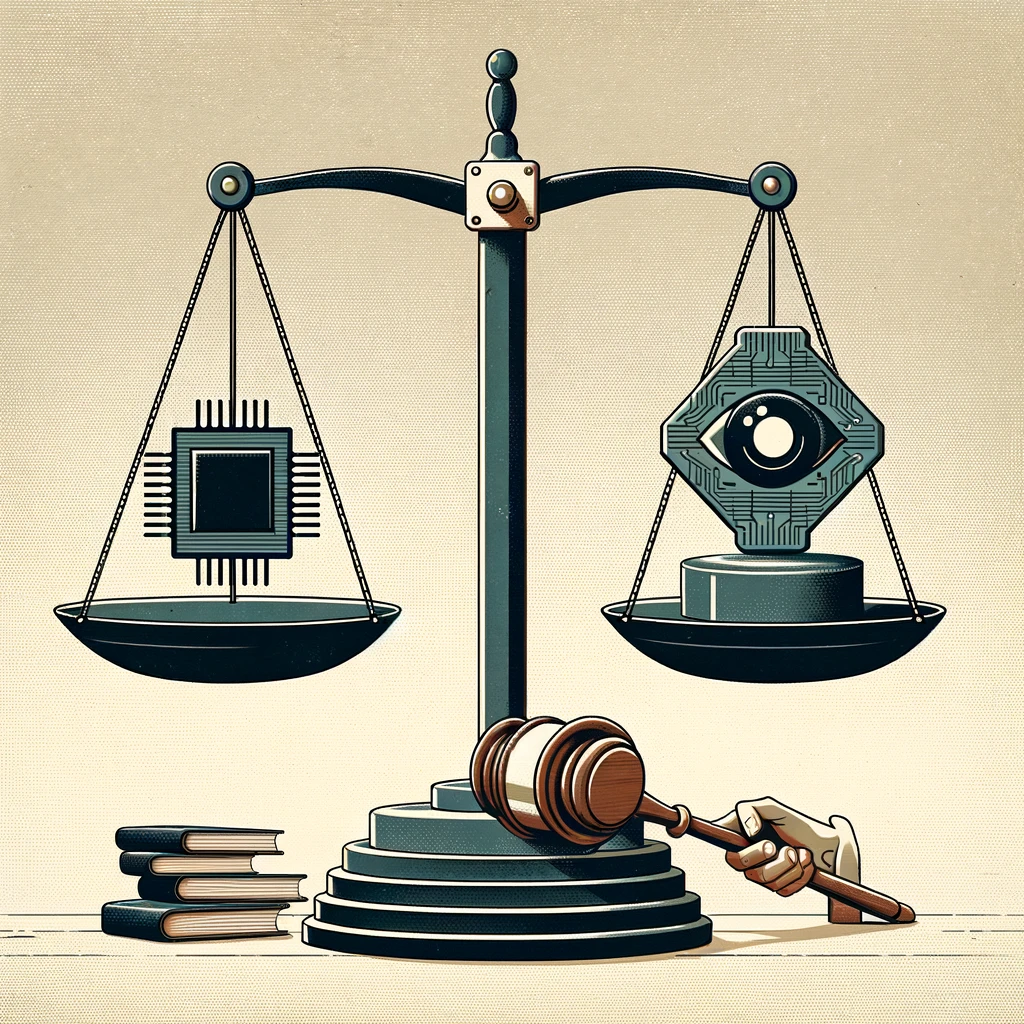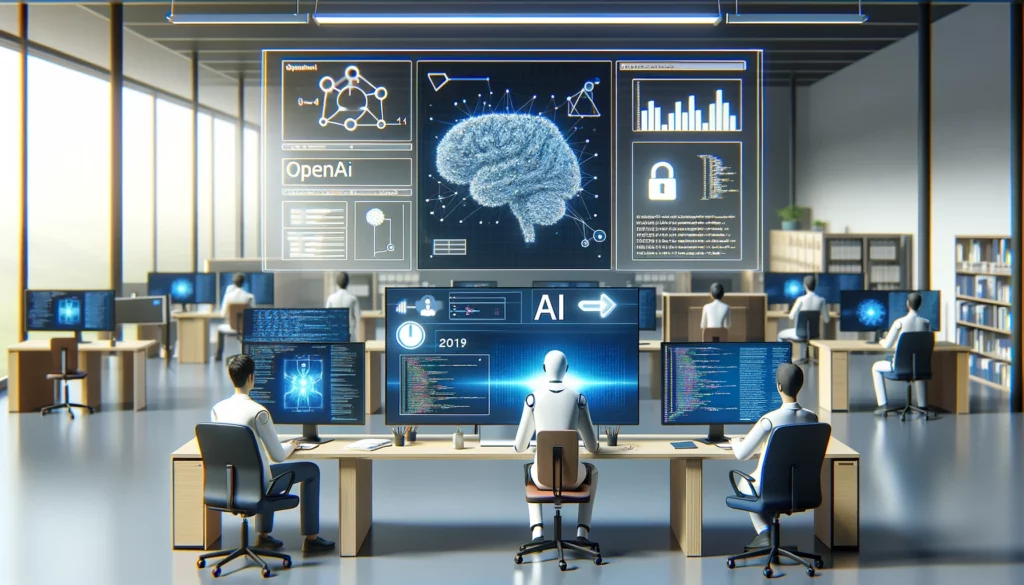Exploring the Intersection of AI and Morality

Exploring the Intersection of AI and Morality: OpenAI’s $1 Million Grant to Duke University
In a groundbreaking initiative that underscores the pivotal relationship between technology and ethics, OpenAI has announced a $1 million funding grant to Duke University’s research team. This ambitious project aims to delve into the complex dynamics of artificial intelligence (AI) and moral decision-making, seeking to answer critical questions about AI’s role in shaping human ethical judgments. As AI technologies become increasingly integrated into everyday life, the challenge of embedding moral frameworks into these systems has never been more urgent.
The research, spearheaded by Duke University’s Moral Attitudes and Decisions Lab (MADLAB), envisions a future where AI could function as a “moral GPS,” guiding individuals and organizations through ethically ambiguous dilemmas. This multidisciplinary endeavor combines insights from computer science, philosophy, psychology, and neuroscience to better understand how moral attitudes are formed—thus paving the way for AI systems that can potentially forecast human moral judgments in fields such as healthcare, law, and business.
This exploration introduces thought-provoking scenarios: Can AI responsibly navigate the ethical complexities of autonomous vehicle decision-making, or discern when to implement ethical business practices? As technology continues to advance, the implications of AI’s involvement in moral assessments raise fundamental challenges regarding accountability, bias, and societal values. The project’s findings could significantly influence how we perceive AI’s capacity for ethical reasoning and the responsibilities entwined in its deployment, ultimately shaping a future where technology aligns with human values.
Understanding the Moral Implications of AI
The development of artificial intelligence presents both exciting opportunities and significant ethical dilemmas. As AI systems become more capable of making decisions that affect human lives, understanding their moral implications is crucial. The research at Duke University’s MADLAB, supported by OpenAI, aims to bridge the gap between technical capabilities and ethical considerations. AI’s predictive abilities could help identify potential moral pitfalls in decision-making processes, ensuring that technologies are used responsibly.
AI as a Moral Decision-Maker
One of the most intriguing aspects of the research is its examination of AI as a potential decision-maker in morally complex situations. For instance, in the context of autonomous vehicles, AI systems must determine how to respond in emergency scenarios where harm is unavoidable. The decisions made in these critical moments are informed by moral frameworks, often embedded within the algorithms that guide the vehicles. This raises profound questions: Should AI prioritize the safety of passengers over pedestrians? How should AI handle cases of unequal probabilities of harm? The insights gained from MADLAB’s research on these dilemmas could inform future regulations and design decisions in autonomous technology.
AI and Ethical Business Practices
Beyond transportation, the integration of AI in business practices presents unique moral challenges. AI can analyze vast amounts of data to advise companies on decision-making, but the ethical implications of those recommendations must be scrutinized. For example, AI could potentially suggest cost-cutting measures that lead to job loss or propose pricing strategies that disproportionately impact vulnerable populations. By investigating how AI can support ethical decision-making in business, the MADLAB research group aims to create frameworks that prioritize social responsibility, ensuring that business practices align with broader ethical norms.
The Importance of Ethical Frameworks in AI Development
One of the core challenges that the MADLAB project aims to address is the question of who defines the moral frameworks used in AI systems. Morality is often subjective and varies widely across cultures and individuals. This raises the possibility of embedding biases in AI decision-making. There are calls for creating diverse teams to guide AI development, thus ensuring multiple viewpoints are considered in crafting ethical guidelines. The lab’s research could lead to the formation of a standardized set of ethical principles that can be universally applied to various AI technologies, striking a balance between innovation and responsibility.
The Role of Accountability and Transparency
As AI continues to evolve, the principles of accountability and transparency in decision-making become increasingly critical. If an AI system makes a morally ambiguous decision, determining accountability can be a complex issue. The research at Duke aims to explore these challenges, advocating for systems where decision-making processes are transparent and easily understandable. This could involve creating AI systems that allow for auditing and understanding of the reasoning behind their decisions—a crucial step in ensuring public trust in AI technologies.
AI for Social Good: Potential Applications
While there are valid concerns surrounding AI and ethics, the potential positive applications of AI in societal contexts are vast. The MADLAB research can lead to leveraging AI for social good, such as enhancing healthcare decision-making through ethical algorithms or improving legal outcomes in rights-based adjudications. By providing decision support that is informed by moral reasoning, AI can potentially lead to better outcomes in high-stakes environments. The goal is not just to ensure technology functions correctly but to promote a technology that embodies and supports human values.
The Future of AI and Morality: Collaborative Efforts Required
The intersection of AI and morality necessitates cooperation among technologists, ethicists, policymakers, and the broader community. It is essential to engage diverse stakeholders to contribute to the development and governance of ethical AI solutions. The grant from OpenAI to Duke University represents a promising investment in research that will catalyze multi-disciplinary collaboration, paving the way for informed and ethical AI development. Without considering the insights from various fields, AI might exacerbate existing inequalities rather than serve as a tool for enhancement.
Anticipating Ethical Challenges Ahead
As AI becomes increasingly embedded in our daily lives, researchers must anticipate and prepare for new ethical challenges. Duke’s MADLAB is uniquely positioned to identify these challenges, whether they arise from advancements in machine learning, the proliferation of deepfakes, or the use of AI in sensitive areas like surveillance and criminal justice. By proactively addressing these concerns, the research can help define best practices that mitigate the risks associated with ethical missteps in AI application.
Implications for Policy and Governance
The insights and findings from the research funded by OpenAI will have significant implications for policy and governance regarding AI technologies. Policymakers need comprehensive frameworks that are adaptable to the rapid pace of AI development. These policies should be informed not only by technological capabilities but also by ethical considerations. As AI systems will increasingly interact with varied domains—ranging from education to healthcare—the development of robust guidelines to govern their use and operation will be crucial in ensuring public welfare and ethical compliance.
Conclusion: The Path Forward for AI Ethics
While the current discourse on AI and morality serves as a starting point, ongoing dialogue and research are essential as technology continues to evolve. The integration of ethical considerations in AI development is not merely a technical challenge but a fundamental requisite for creating technologies that resonate with human values. As Duke University’s MADLAB progresses with its research, the findings could set transformative precedents, shaping a future where AI not only enhances productivity but upholds ethical standards across various fields.
Embracing a Future with Ethical AI
The journey of integrating artificial intelligence with ethical frameworks is not just about advancing technology; it’s about fostering a society where AI supports and enhances human morals and values. OpenAI’s generous grant to Duke University serves as a vital catalyst in this pursuit, encouraging innovative research aimed at understanding and defining the moral implications of AI. As the collaboration unfolds, the potential for AI to act as a guiding force in complex decision-making processes becomes increasingly tangible.
The stakes are high; from autonomous vehicles navigating life-and-death scenarios to AI systems influencing business ethics, the choices made today will shape the direction of technology for generations. By prioritizing accountability, transparency, and diverse perspectives in AI development, we can create systems that not only function effectively but also resonate with the ethical standards of society. The ongoing exploration at Duke University will help ensure that as AI technologies emerge, they do so in ways that reflect our collective values and commitment to ethical practice.
Ultimately, the future of AI ethics requires a multi-faceted collaboration, merging insights from technology, philosophy, psychology, and beyond. It is through this rigorous approach that we can construct robust policies and frameworks to govern the ethical deployment of AI, ensuring that it serves to enhance human life rather than complicate it. As research progresses, the vision of an AI-guided moral compass becomes a shared goal, inviting all stakeholders to engage in meaningful dialogue that bridges the gap between innovation and ethics.
